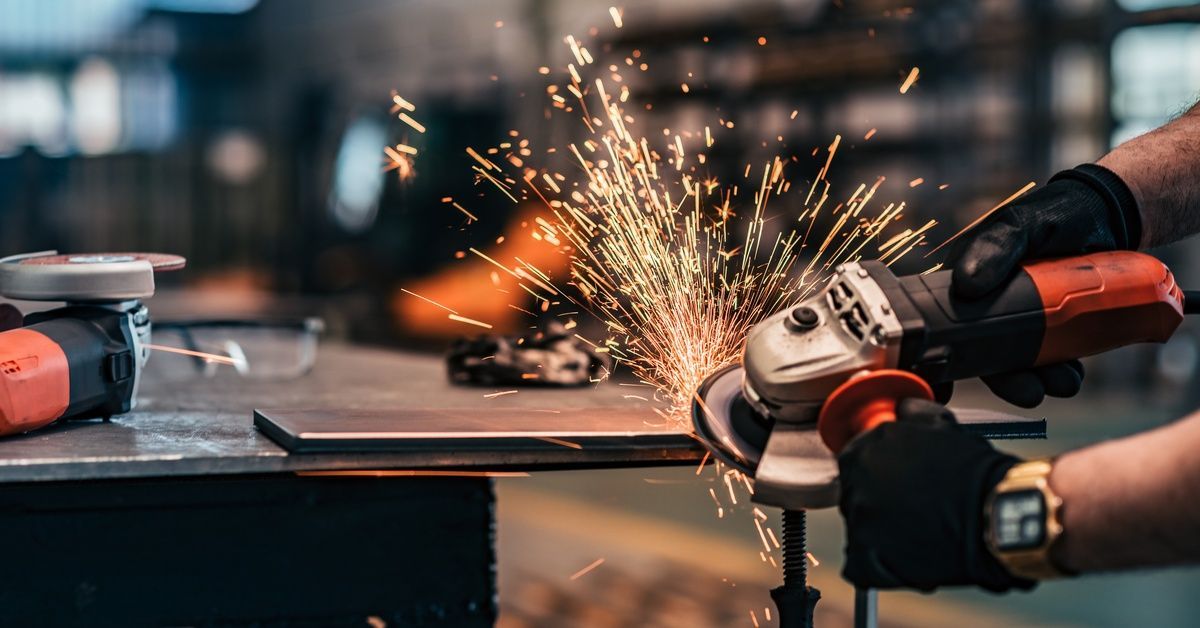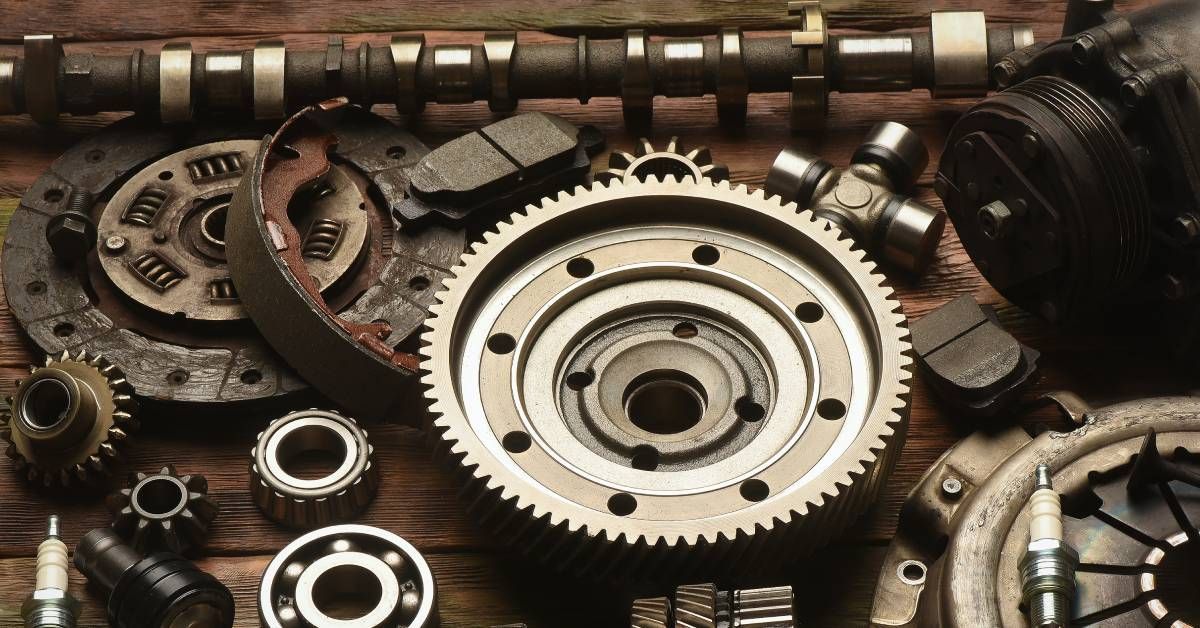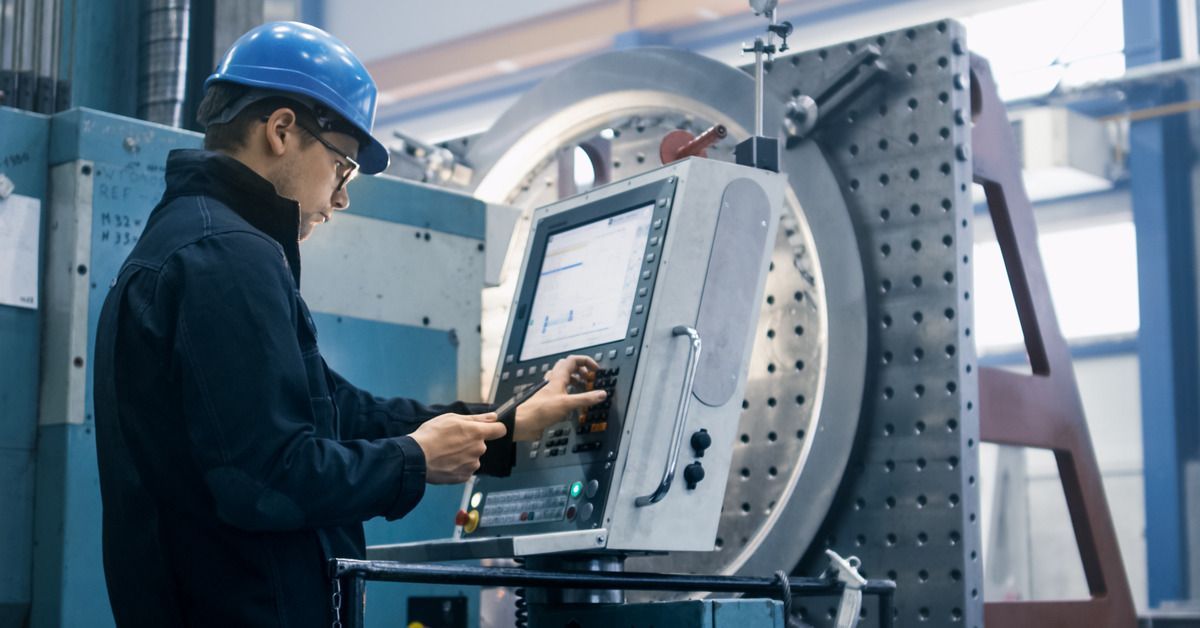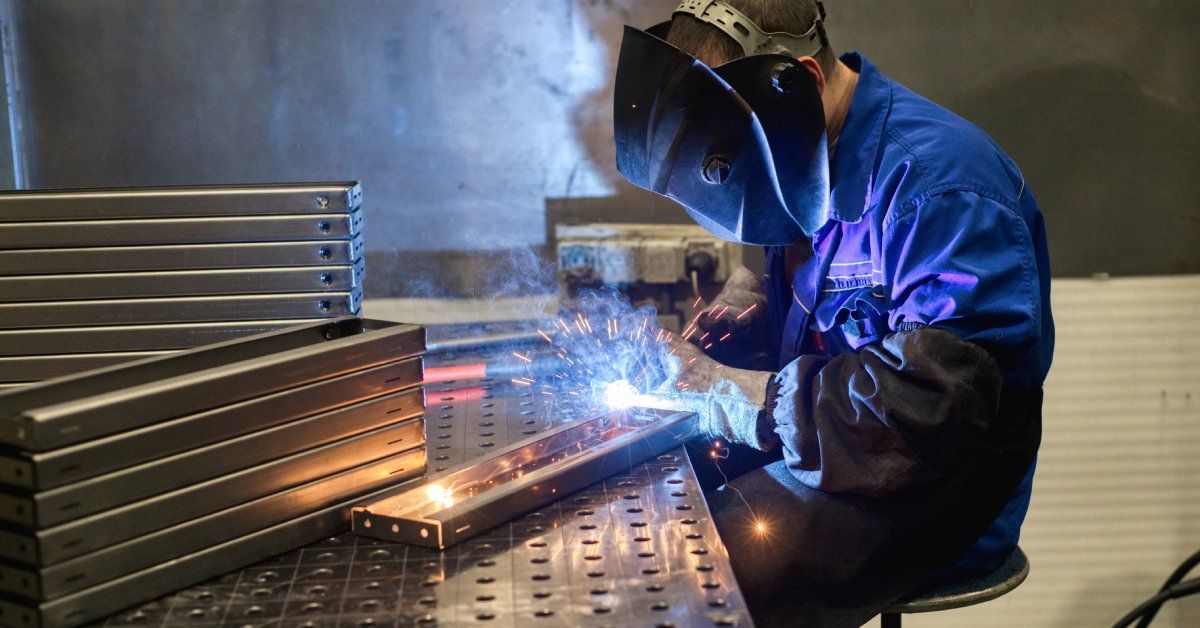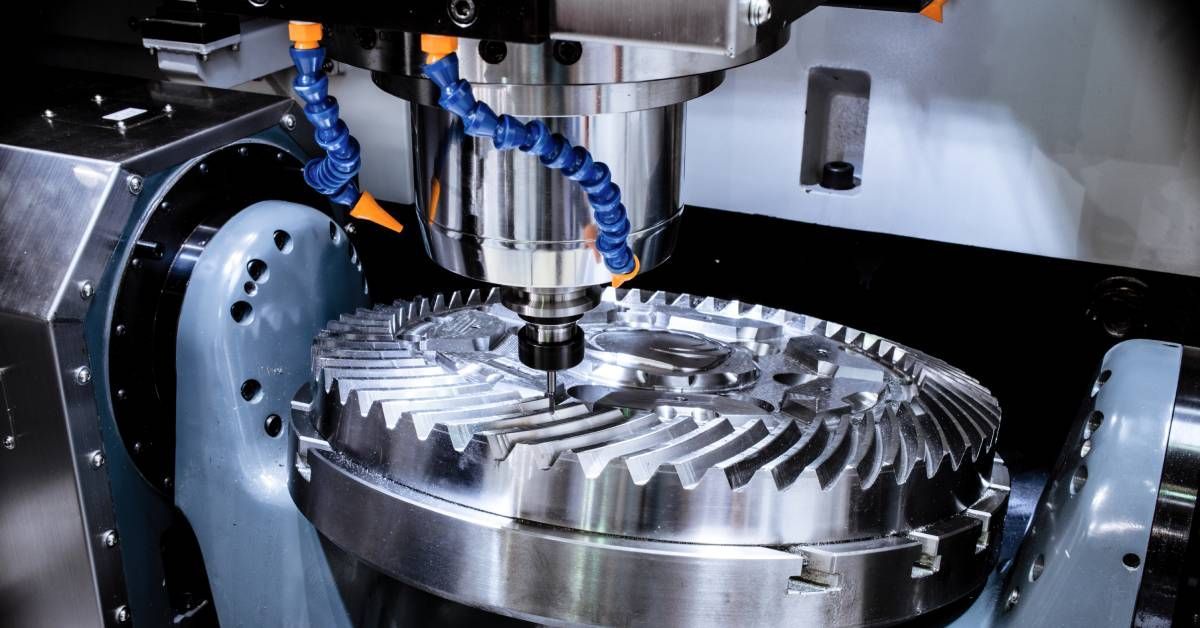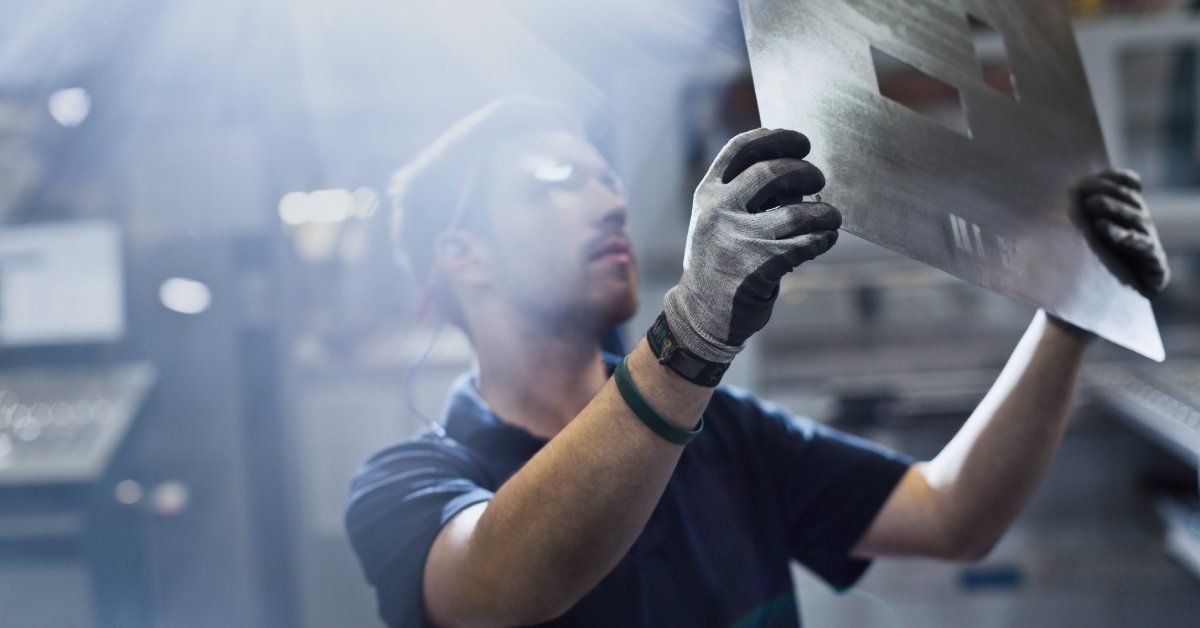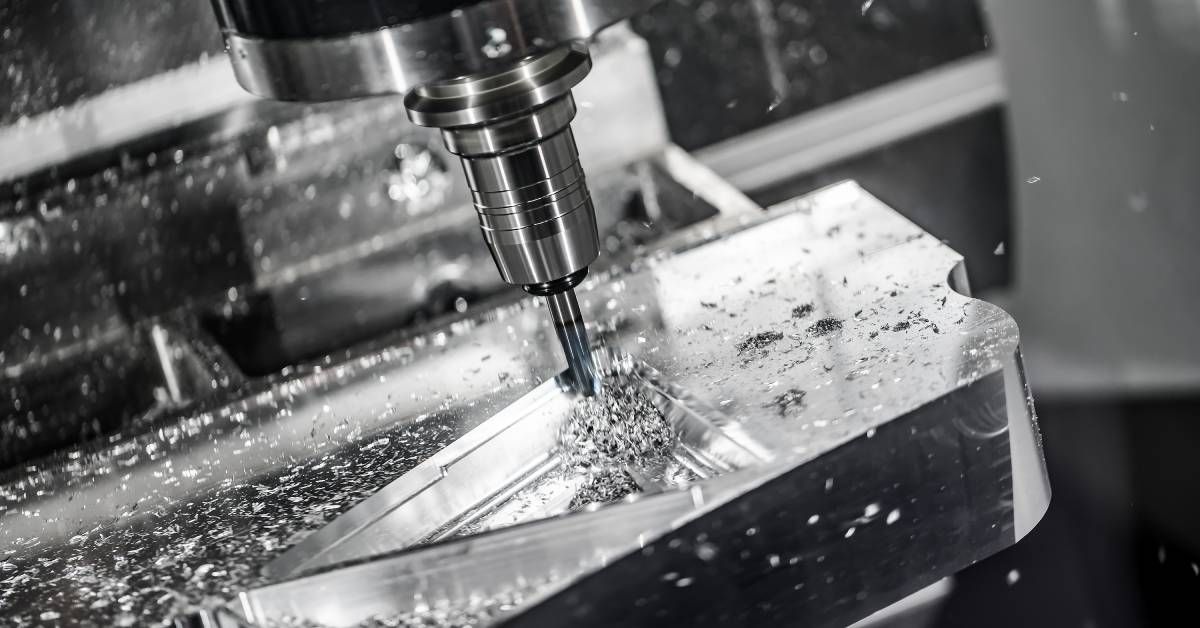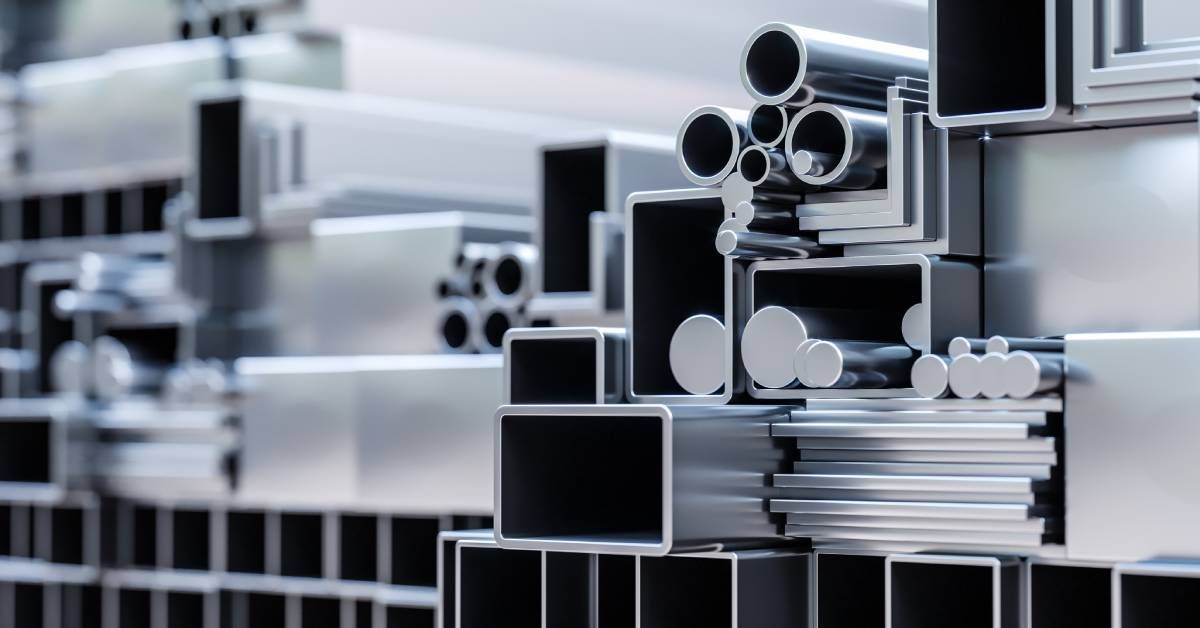Advantages of Using Sheet Metal in Construction Projects
Overseeing a construction site is like running a well-oiled machine. Every element must come together seamlessly, from the foundational work to the final touches. A big part of this has to do with the materials you choose to use.
If you're a construction professional, crew leader, or business owner, understanding the advantages of using sheet metal in your projects can revolutionize the way you approach jobs.
What Is Sheet Metal?
Sheet metal is a versatile material used across various industries, from automotive to aerospace. It’s particularly relevant in construction. Manufacturers fabricate it into thin, flat pieces that are easy to cut, bend, and shape to meet the requirements of different applications. Typically made from metals such as steel, aluminum, brass, and copper, sheet metal is popular for its convenient properties.
Why Use Sheet Metal in Construction?
Here are the qualities of sheet metal that make it great for construction.
Durability and Longevity
One of the primary reasons sheet metal is popular in construction is its unmatched durability. It can withstand significant wear and tear, making it ideal for long-term projects. For instance, steel sheet has high strength and resistance to corrosion, which is particularly useful for outdoor applications exposed to the elements. Furthermore, the longevity of sheet metal reduces the need for frequent replacements, offering a cost-effective solution over time.
Cost-Effectiveness
When budgeting for a construction project, material costs are a crucial consideration. Sheet metal offers excellent value for money. While the initial investment might seem higher compared to other materials, the long-term savings are substantial. The durability and low maintenance requirements mean fewer repairs and replacements. Additionally, sheet metal’s versatility allows for multifaceted applications, reducing the need to purchase multiple types of materials.
Versatility in Design
Sheet metal's flexibility in design is great. Whether you're constructing a high-rise building or a small residential home, sheet metal can adapt to fit various architectural styles. Since it’s easy to cut, bend, and shape, it can fulfill specific design requirements, enabling innovative and creative solutions. This versatility extends to both structural components and aesthetic elements, such as façades and decorative features.
Speed of Installation
Time is often a critical factor in construction projects. The quicker a project can finish without compromising quality, the better. Sheet metal significantly contributes to this efficiency. Its installation is quick and requires minimal labor due to its lightweight nature and ease of manipulation. This speed of installation not only shortens project timelines but also reduces labor costs, adding another layer of cost-effectiveness.
Working With Sheet Metal
Working with sheet metal requires a combination of skill, precision, and knowledge. Specialized tools such as shears, press brakes, and metal lathes help manipulate the metal into the desired forms. Safety is paramount when working with sheet metal, and appropriate protective gear, such as gloves, goggles, and ear protection, is necessary to prevent injuries.
If you want the best results when working with sheet metal, consider hiring a custom machine shop capable of fabricating, building, or repairing the parts you need.
An Expanding Range of Applications
Sheet metal is a game-changer in the construction industry. Its numerous benefits make it an ideal choice for individuals across the construction industry.
By considering the advantages of using sheet metal in construction projects, you can ensure you're making the most of all your resources.


